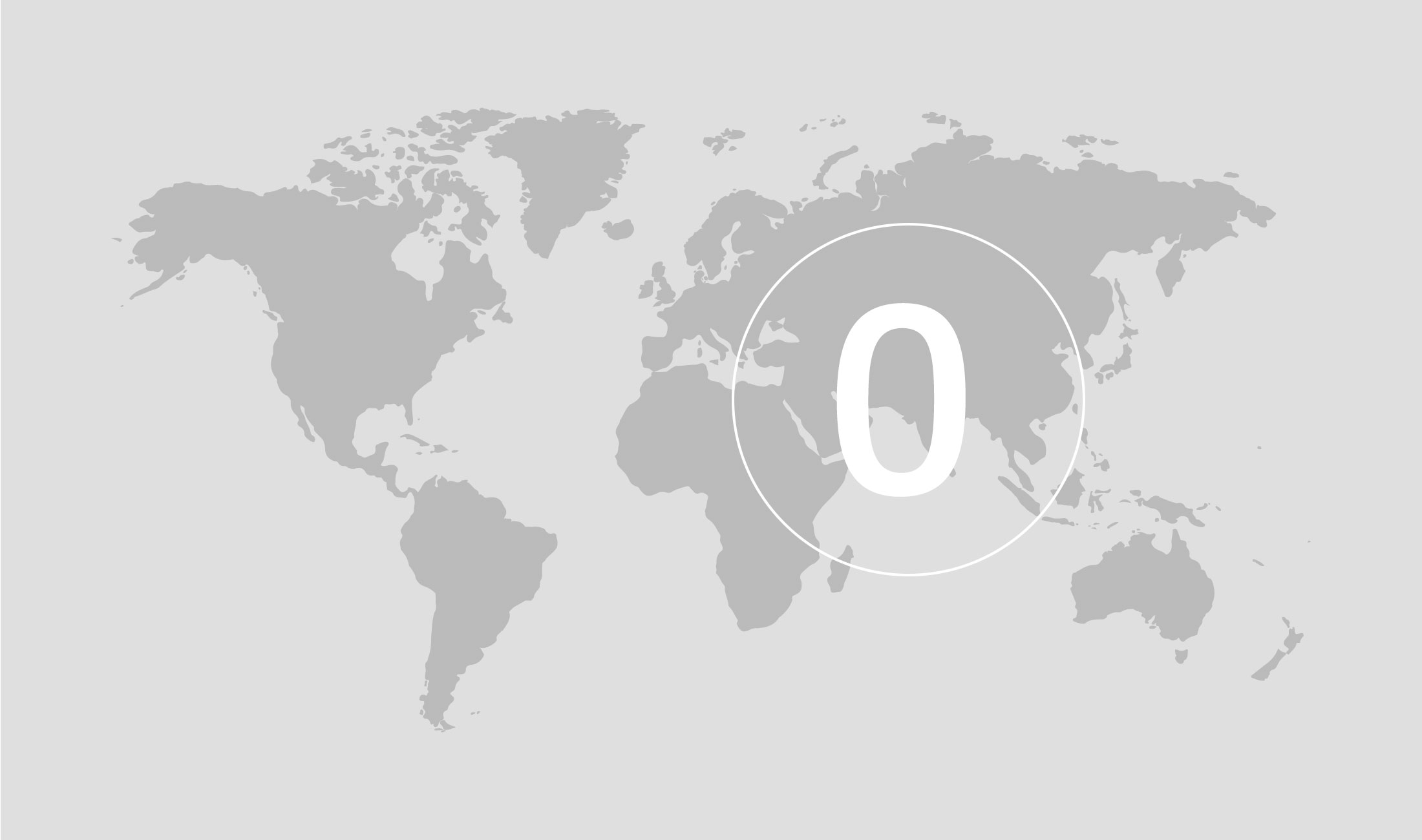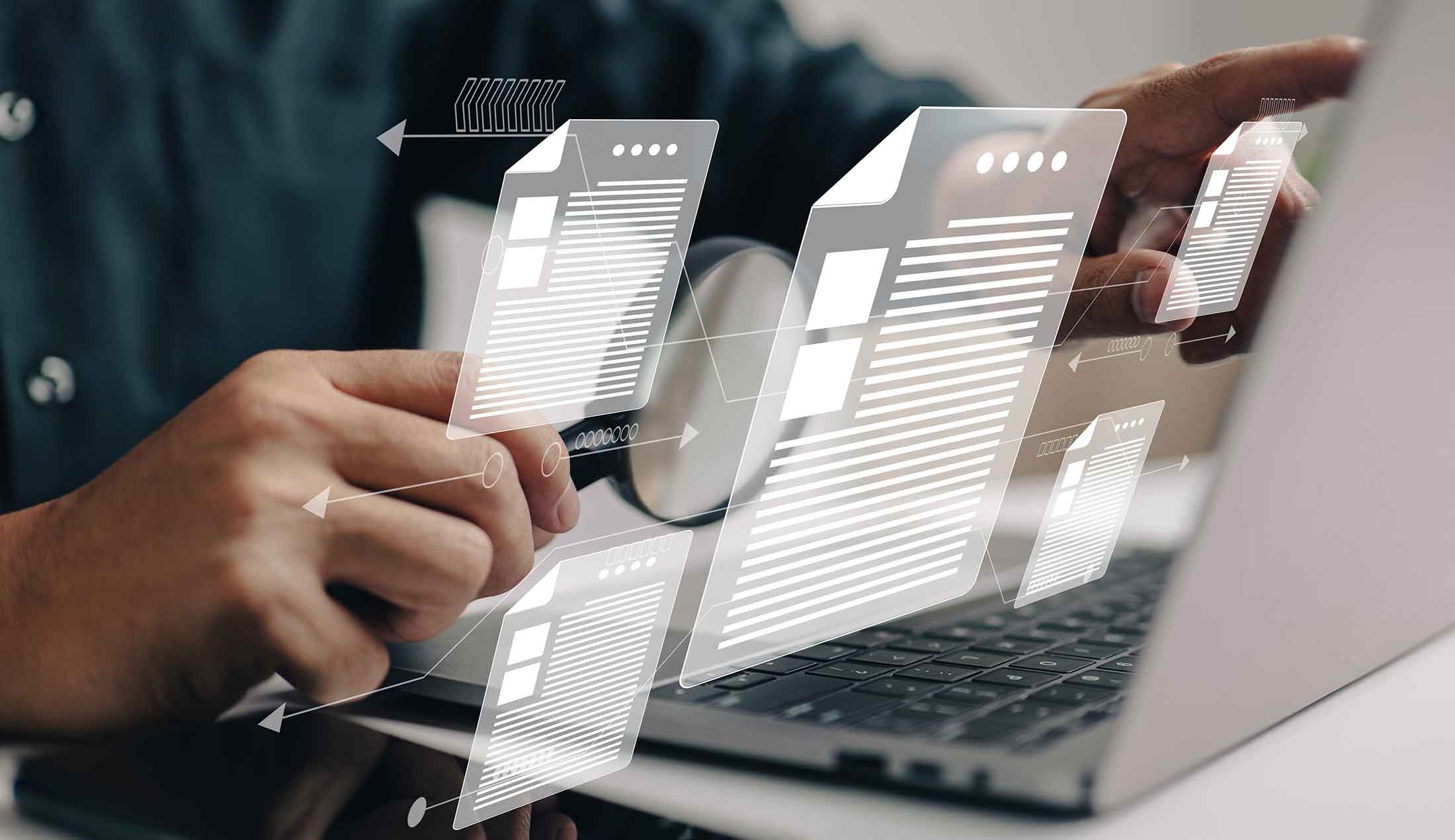
Lithuania
Category
0 of 7
| Risk type | Short | Long |
|---|---|---|
| Sovereign | ||
| Public | ||
| Bank | ||
| Corporate |
The icons indicate EKN's risk assessment.
A lower country risk category means a lower country risk. The icons mark EKN's ability to cover risks to different buyers in the country.
-
No policy established
- EKN has not analysed this country recently and therefore has no current opinion. If an exporter submits an application for such a country, EKN performs an analysis of the country at short notice and determines a policy.
-
Normal risk assessment
- EKN decides on guarantee issue based on an assessment of risk in the transaction. There are no predefined restrictions in the risk assessment or assumptions for risk assessment.
-
Restrictive risk assessment
- EKN sets stricter requirements in the risk assessment in order to guarantee a transaction. EKN may have specified special criteria that are key to the risk assessment of the guarantee holder category in question. This may mean that EKN sets a requirement that the counter party must have its own hard currency earnings or that external support can be expected, or that EKN sets a requirement for a letter of credit, government or bank guarantee. If the formulation of the transaction deviates from a defined restriction, we normally set more stringent conditions and may in the worst case refuse to guarantee the transaction. More stringent conditions may be that we reduce the sum guaranteed, raise the premium or require some form of security.
-
Normally off cover
- Here EKN does not normally cover currency transfer risks. However in some circumstances EKN may be able to go further with high risk countries than the restrictions of the country policy indicate. The application is then tested under the so-called GSL facility, which refers to guarantee issue with special country evaluation. There are specific requirements for this, primarily that the exporter has experience of the market in question. The risk is then shared with the exporter and by means of a mark-up on the premium.
-
OECD or EU countries
- Because of EU rules, EKN cannot issue guarantees for transactions with a risk period of less than two years for exports to Australia, EU countries, Iceland, Japan, Canada, Norway, New Zealand, Switzerland or the USA. If you have any questions, please telephone us on +46 8-788 00 00.
Country risk analysis
Country risk analysis archive
Country Risk Analysis of Lithuania
February 2025
Background
Following its independence from the Soviet Union, closer ties with the West became a key goal for Lithuania. Today, Lithuania has a well-functioning market economy, strong democratic governance, and has been a member of both the EU and NATO since 2004. The country’s economy, which is dominated by the service sector, has benefited from the adoption of the euro in 2015.
Since Russia’s annexation of Crimea in 2014, NATO has increased its presence in the country, and Lithuania maintains close cooperation with the United States.Russia, which prior to the 2014 annexation of Crimea was a major trading partner, has declined in importance. Lithuania’s largest trading partner is the EU, accounting for around 60 per cent of both imports and exports.
Russia accounted for around 25 per cent of total Lithuanian imports in the years leading up to 2014. Since then, the share has gradually fallen, reaching just one per cent in 2023. Exports to Russia have also declined, though from a lower level, and accounted for around five per cent of total Lithuanian exports in 2023.
Already after the annexation of Crimea in 2014, Lithuania became one of the EU’s strongest critics of Russian policy. When Russia invaded Ukraine in February 2022, a temporary national state of emergency was introduced, which allowed additional resources to be allocated to national security and border protection. Russian-language TV channels have been shut down following reports of war propaganda.
Russians are the second largest minority group in Lithuania (after Poles), accounting for around 5 per cent of the population. As early as April 2022, Lithuania became the first EU country to cease imports of gas from Russia.
With borders to both Kaliningrad and Belarus, Lithuania faces its share of border-related challenges. Belarusian regime critics have been granted asylum in Lithuania, and in 2021 Belarus allowed migrants to freely reach the Lithuanian border in attempts to enter the EU, causing a humanitarian crisis and political difficulties for the EU.
Relations with China have also become frostier since 2021, when Lithuania allowed Taiwan to open a representative office in the country. In response, China has halted its imports from, and exports to, Lithuania.
Economic recovery
A strong economic recovery following the pandemic led to increased demand in the economy. Combined with rising prices, including energy, as a result of Russia’s full-scale invasion of Ukraine, inflation rose sharply. Lithuania’s average inflation in 2022 was 19 per cent, the second highest in the euro area after Estonia. This compares to the euro area average of eight per cent. The ECB continued to raise interest rates during 2023, but in 2024 a series of cuts was initiated as inflationary pressure in the eurozone began to ease.
Lithuania’s GDP growth has been volatile in recent years. Following strong growth of 6 per cent in 2021, it fell to just over two per cent in 2022 and is expected to be slightly negative for 2023. High inflation in 2022 and the subsequent interest rate hikes negatively affected demand. For 2025 and 2026, GDP growth is expected to be around 2.5 per cent. Inflation has fallen more than expected and the forecast has been revised downwards. For 2025 and 2026, inflation is projected to reach a comfortable level of around 2.5 per cent.
The current account normally shows a surplus, with the exception of 2022, when rising import costs led to a deficit of 5 per cent of GDP. The forecast for 2025 has been revised upwards and indicates a current account surplus of around three per cent. According to the IMF, Lithuania’s debt level is sustainable and the risk of sovereign payment difficulties is considered low.
Lithuania’s transport sector has expanded significantly in recent years thanks to low labour costs and low taxes on road transport compared with the EU average. Rising fuel costs in Europe have benefited Lithuanian transport and export companies, which is likely one reason for EKN’s increased guarantee exposure to Lithuania.
EU cooperation has been key to Lithuania’s relatively strong performance during both the pandemic and Russia’s war against Ukraine. Inflation and growth are expected to return to normal levels in 2025. With a small economy and geographical proximity to Russia and Belarus, the country remains vulnerable to external shocks, meaning the risk of new price shocks is relatively high.
In terms of physical climate risks and natural disasters, Lithuania faces a lower risk of flooding, landslides and storms than the average for OECD high-income countries and Europe. The risk of water scarcity is somewhat lower, while the risks of wildfires and rising sea levels are on par with comparable countries.
Business environment
Lithuania’s banking system is well capitalised and has low levels of non-performing loans. The system is highly concentrated, dominated by a few large banks, most of which are foreign-owned. The three largest banks, two of which are Swedish, account for 70 per cent of the financial system’s assets.
The banking system has undergone changes in recent years, driven by new financial services (FinTech companies). Revolut launched banking operations in 2019 and has grown to become the country’s third-largest bank, with 18 per cent of total banking assets.
The business environment is supported by EU membership and the euro, and is generally assessed as strong, although corruption occurs and the informal sector remains large. Lithuania’s judiciary is independent of the executive branch, according to the constitution, a fact confirmed by Freedom House’s review of judicial effectiveness.
EKN’s business assessment takes into account the risk of negative impacts on human rights. EKN focuses on the risks associated with the activity in which the exported goods will be used. In this context, issues such as working conditions, child and forced labour, excessive use of force by security forces, indigenous rights and land rights are of significant importance.
In Lithuania, the risk of human rights violations relevant to business operations is generally in line with the average for Europe and OECD high-income countries. The highest risk is in the area of freedom of association and collective bargaining.
EKN’s policy
Since Lithuania joined the euro in 2015, the country has been classified as a Market Benchmark Country and is not assigned a country risk category by the OECD. EKN classifies Lithuania in country risk category 0, and for pricing of long-term credit guarantees, comparisons are made with OECD market benchmarks.
According to EU competition rules, EKN and other export credit agencies may not cover payment risks (with the exception of letter of credit guarantees) for transactions with a total risk period (credit period + manufacturing period) of less than two years. In all other cases, normal risk assessment applies, meaning that transactions are assessed on their own merits without specific conditions or requirements.
EKN’s commitment and experience
EKN’s guarantee issuance to Lithuania has been limited, averaging one transaction per year over the past five years. In 2022 and 2023, EKN’s guarantee exposure increased significantly, from a few million SEK in 2021 to over SEK 2 billion in 2023. The increase in guarantees is due to a small number of transactions with private buyers, primarily in the transport sector, which is expanding its operations within EU countries.
EKN has experience only with private buyers. Sporadic delays occur, but most payments are made within one to three months. Since 2018, compensation payments have been made in only one case, totalling SEK 200,000, which has since been recovered.
More for companies that want to export to Lithuania

EKN's guarantees
EKN's guarantees reduce the risk of payment defaults and help banks support businesses. Which guarantee suits your needs?
EKN's guarantees
Guarantee guide
Are you unsure which guarantee is the best fit for your specific transaction? Try our guarantee guide.
Guarantee guide